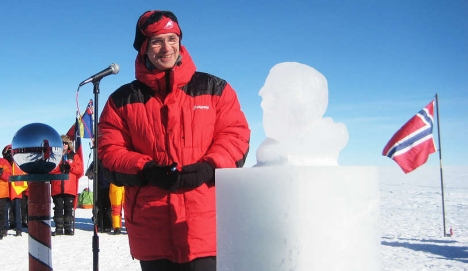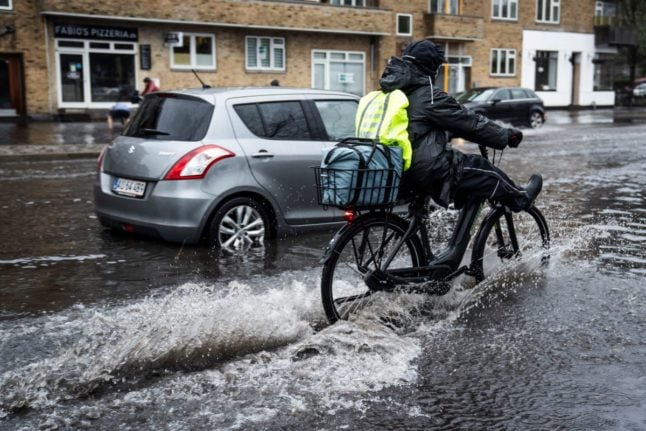UN
‘Nature can take no more’ warns Stoltenberg
Norway's former Prime Minister Jens Stoltenberg on Saturday warned of the urgent need to strike a new deal to reduce greenhouse gas emissions, as he began his new role as one of the UN's two special envoys for climate change.
Published: 13 January 2014 10:31 CET

Stoltenberg on a visit to the South Pole when prime minister. Photo: Erik Edland/Prime Minister's Office
"We are in a hurry. Nature can stand no more," Stoltenberg told Norway's Dagbladet newspaper. "It's no easy task to bring down greenhouse gas emissions. There have been so many setbacks. But we have to continue. We can't give up."
The Labour party leader spoke to Dagbladet on Saturday after meeting UN Secretary General Ban Ki-Moon last week to discuss what the UN could do to push for a deal.
He stressed that the UN has no power to broker a deal.
"The UN has no power to force solutions on member states, but we can influence, argue and make suggestions for achieving solutions," he said. "My job is mainly to talk with governments, be proactive and get them to go further."
Stoltenberg has started building a secretariat in Oslo and hopes to move faster enough to influence the outcome of the climate conference in Paris in December 2015.
He believes the world needs to agree to a 50 percent cut in global emissions by 2050, ideally by convincing major economies such as the US and China to accept obligations to limit their emissions.
Url copied to clipboard!


 Please whitelist us to continue reading.
Please whitelist us to continue reading.
Member comments